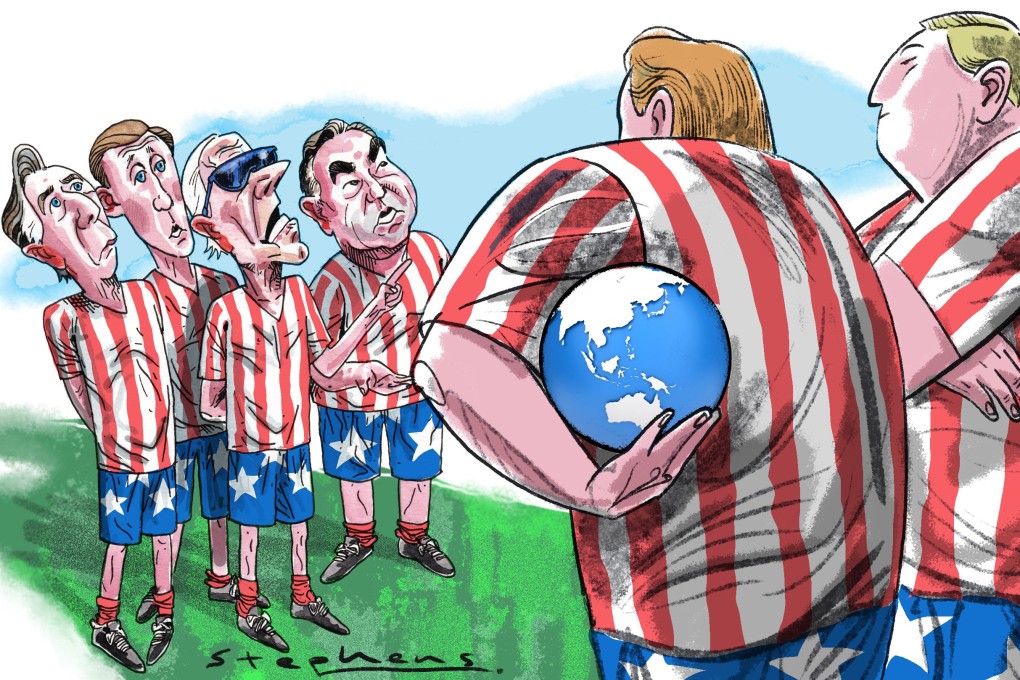Advertisement
Opinion | Has US policy on Asia and China been taken over by hardliners?
- Recent developments suggest the US is continuing the hypocrisy, demands, confrontation and military intimidation that characterised Trump’s Asia policy – and that ‘Asia tsar’ Kurt Campbell has been outmanoeuvred by China hawks
Reading Time:4 minutes
Why you can trust SCMP
9

The China-bashing broadside by US Vice-President Kamala Harris last month in Japan raises questions of who is in charge of America’s China and Asia policy, and what it is.
Hopes ran high when President Joe Biden appointed Kurt Campbell as his “Asia tsar” on the first day of administration. But like those before him, Campbell’s turn at the helm of America’s Asia policy is not turning out as hoped. Indeed, from China to North Korea to Southeast Asia, US policy seems to be in disarray.
There were great expectations that a Campbell-driven Asia policy would repair the damage done by the Trump administration, which had alienated China and much of Southeast Asia. That hope had some basis because Campbell and US National Security Adviser Jake Sullivan had advocated for a “competitive coexistence” with China, which seemed open to a reset in relations.
Moreover, Biden had proclaimed that “diplomacy is back at the centre of our foreign policy”, which Foreign Affairs Secretary Antony Blinken echoed by claiming that diplomacy – not militarism – would come first. He declared: “Real strength isn’t bluster or bullying.” This led to the expectation that the US would lighten up on its China-threat obsession and stop viewing other countries through a China lens.
Yet America’s Asia policy is continuing the same mixture of hypocrisy, demands, confrontation and military intimidation that characterised the Trump administration’s Asia policy. Diplomacy has lagged far behind military signalling.
This increased militarisation of the issues worries Southeast Asian countries, who fear the US will force them to choose sides. They worry the US will create a political, economic and military mess, then turn tail as it did in Vietnam, Afghanistan and Iraq, leaving its “allies and partners” to deal with what’s left – including an angry and vengeful China.
Advertisement
